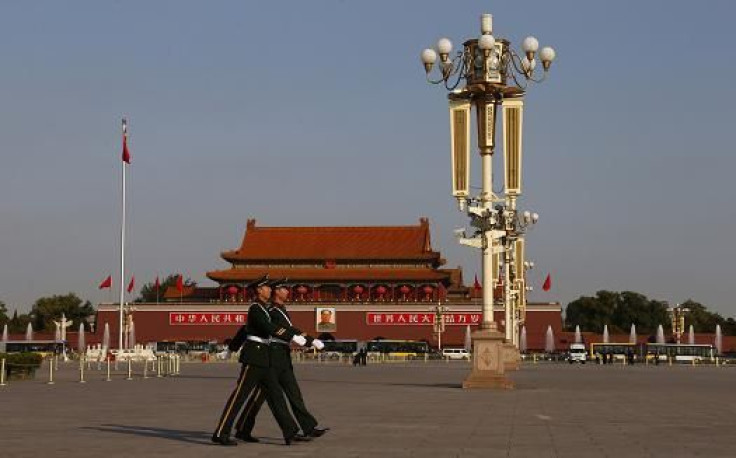The Other China Story -- The One Without Dead Babies Or Poisoned Rice

The Nigerian novelist Chimamanda Adichie warned in her popular TED talk that if we hear only a single story about another person or country, we risk a critical misunderstanding. Adichie illustrated her point by talking about her childhood in Nigeria, when she read British literature filled with white characters, and thought that stories cannot have African characters.
For me, the danger of the single story is most pronounced in Western media coverage of my home country, China. I only started to read American newspapers while at college. It was initially interesting to see that there is nearly always news on China -- I hadn’t realized how "big” my country had become.
Then, I noticed something else: The news on China is also nearly always negative. That trend has not stopped, though of course the negative spotlight is shared by Russia, certain Middle Eastern countries, and, of course, North Korea.
Now that I am a journalist myself, I am even contributing to this tendency to report the bad and the ugly side of China. Food scandals, dead babies, and rampant corruptions are among the topics I usually cover about my country, much to my mother’s chagrin.
In short, there is an inclination to dehumanize the people of these countries that have become, in one way or another, entertaining in their strangeness. They are fun to read about because we want to laugh; look, there are so many crazy people in China.
We don’t make up these stories. A baby was indeed found in a pipe, and there is no doubt China is knee-deep in food scandals. What’s more, these are largely the stories Chinese netizens discuss on Weibo, China’s microblogging site and other social media, too.
But these are not the only stories about China. The Chinese people are becoming more prosperous and with that prosperity they are also becoming more educated, more politically aware, and more active in making positive changes for their society. There is very little coverage to reflect that. At most, we get stories about the Chinese spending their enormous new wealth.
Just a random search for “heartwarming” on Weibo yielded an astounding number of wonderful news stories. A cabdriver has, for the past 10 years, taken a poor elderly to the hospital each month, and drives customers for free for one hour each day. A college girl bought dinner for a homeless granny, after witnessing the granny’s meager food. During a flood, soldiers rescued citizens from a bus.
Even as I am writing this, I know these stories are not likely to attract as much readership as the dead babies and the stabbings, but it's important to keep in mind when reading tragic news like the aforementioned, that they are but a small fraction of what China is really like today.
I was personally touched when Lu Lingzi passed away during the Boston Marathon bombing, tens of thousands of people left messages on her Weibo account, wishing that she is in a better place now.
The point is, humanity is quite separate from politics or cultural differences.
Russia is another often misunderstood country. Watch this heartwarming video, captured by the country’s ubiquitous dashboard cameras (which usually show, unsurprisingly, the crazy, road-raging Russians), showing normal Russians do really nice things for each other. Scary, burly men scooping up stray kids and kittens? Now that's a beautiful side of humanity.
© Copyright IBTimes 2024. All rights reserved.











